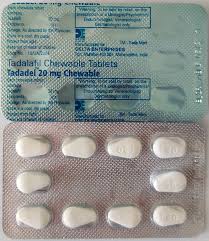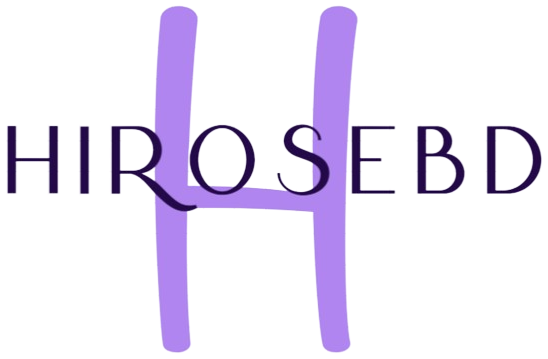
Understanding Aciclovir: Uses, Benefits, and Risks
Aciclovir is a widely used antiviral medication that is effective against certain viruses, particularly the herpes simplex virus and varicella-zoster virus. It plays a crucial role in managing various viral infections, including cold sores, genital herpes, and chickenpox. If you want to purchase Aciclovir without a prescription, you can find more information Aciclovir https://apotekazasve.com/kupi-aciclovir-bez-recepta/.
What is Aciclovir?
Aciclovir, known chemically as 2-amino-1,9-dihydro-9-[(2-hydroxymethyl)cyclopentyl] purine- 2-carboxylic acid, is a synthetic nucleoside analogue. It works primarily by inhibiting the viral DNA polymerase, which is vital for the replication of viral DNA. By blocking this enzyme’s activity, Aciclovir effectively halts the spread and multiplication of the virus within the body.
Indications for Use
Aciclovir is primarily prescribed for the following conditions:
- Herpes Simplex Virus (HSV) Infections: This includes both oral herpes (cold sores) and genital herpes. Aciclovir helps in reducing the duration and severity of outbreaks.
- Varicella-Zoster Virus (VZV) Infections: Aciclovir is effective in treating chickenpox and shingles, helping to alleviate symptoms and accelerate healing.
- Prevention of Viral Infections: In immunocompromised individuals, such as those undergoing chemotherapy or organ transplant recipients, Aciclovir can be used as a preventative measure against HSV and VZV infections.

Mechanism of Action
The effectiveness of Aciclovir lies in its ability to be selectively activated by viral enzymes. After entering a viral-infected cell, Aciclovir is converted into its active form, acyclovir triphosphate, by viral thymidine kinase. This active form then competes with deoxyguanosine triphosphate, the building block of viral DNA, preventing the addition of further nucleotides and thereby inhibiting DNA synthesis.
Dosage and Administration
The dosage of Aciclovir varies depending on the type and severity of the infection, as well as the patient’s age and renal function. For oral administration, standard dosages might range from 200 mg to 800 mg taken 5 times a day for herpes outbreaks. For severe infections, intravenous forms may be necessary, and the dosage can be significantly higher.
Side Effects
Like any medication, Aciclovir may have side effects. Common side effects include:
- Nausea
- Diarrhea
- Headaches
- Dizziness
More serious side effects, though less common, can include:

- Renal impairment, particularly with rapid intravenous administration
- Neurological effects such as confusion or tremors
- Allergic reactions, including rash and anaphylaxis in rare cases
Precautions and Contraindications
Before using Aciclovir, patients should inform their healthcare provider if they:
- Have a history of renal disease
- Are pregnant or breastfeeding
- Are taking other medications that may interact with Aciclovir
Aciclovir is contraindicated in patients with known hypersensitivity to the drug or any of its components.
Conclusion
Aciclovir is a vital medication in the management of viral infections, particularly those caused by the herpes simplex and varicella-zoster viruses. With appropriate usage, it can significantly reduce the duration and severity of outbreaks, providing relief to millions of individuals worldwide. However, as with all medications, it is essential to use Aciclovir under medical supervision to mitigate risks and ensure its safe use.
For more information about Aciclovir, including purchasing options, you can refer to the provided link if you wish to acquire it without a prescription. Always consult with a healthcare professional before starting new medications.
